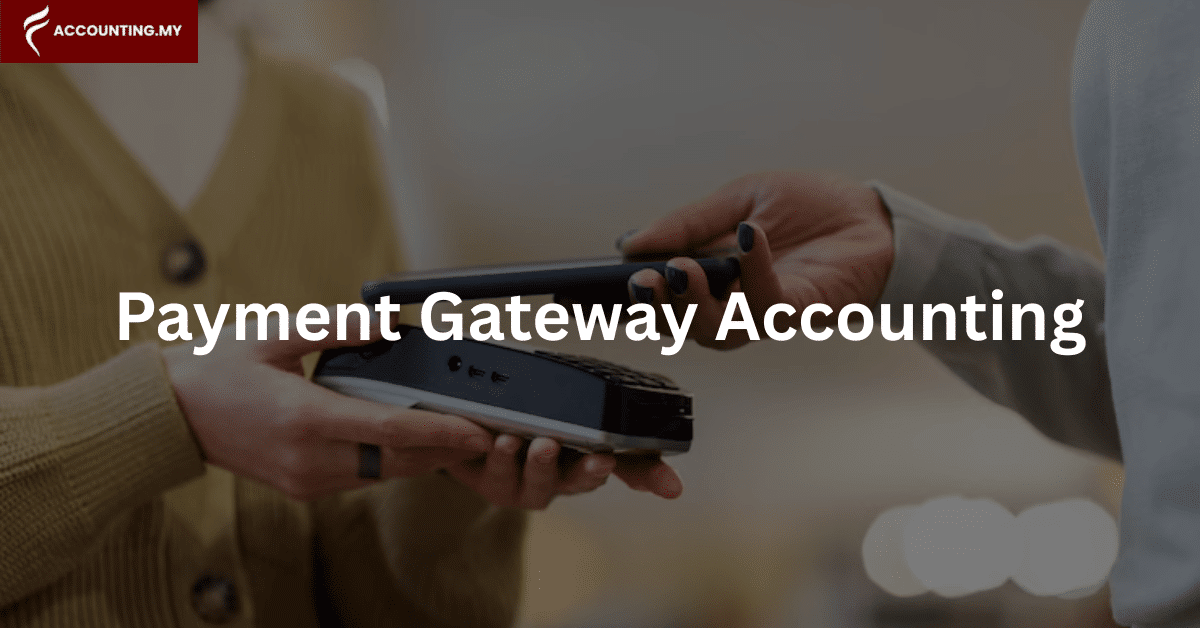
- Accounting.my
- June 19, 2025
- 2:00 am
A Guide to Managing Money and Taxes in Gig Economy Malaysia

The way folks earn a living has seen some interesting shifts. More and more people are choosing to work in what’s often called the gig economy. This means taking on different jobs or projects, often with a good bit of flexibility.
Table of Contents
ToggleFor those who are freelancers in Malaysia, this way of working can be great for independence and variety. However, when you’re not in a traditional job, things like managing your income and sorting out your tax can feel a bit different.
EPF aside, there are a few things you need to keep in mind when becoming your own boss. This guide is here to walk you through some of the important things to keep in mind.
What is Considered Gig Work?
The gig economy in Malaysia isn’t just one thing. It covers a wide range of activities. From Grab food delivery riders, to becoming a digital artist who receives commission work on the internet, or providing all sorts of other services on a project basis.
While vastly different from one another, what connects these roles is often the flexibility and the fact that you’re working as an independent person.
Being part of the gig economy offers a lot of freedom in how and when you work. It’s about being your own boss in many ways.
Many people in Malaysia are finding this kind of work appealing for various reasons. It can offer a way to earn extra money, fit work around other commitments, or even be a full-time career path.
Keep Track of Expenses for Gig Workers
When your income isn’t a regular monthly salary, keeping track of your finances becomes really important. Here are a few areas to focus on:
- Tracking Your Earnings: Make sure you have a system for recording all the money you earn from different gigs. This could be a simple spreadsheet or using accounting software.
- Managing Your Outgoings: Just like tracking income, knowing where your money is going is essential. Separate your personal expenses from any costs related to your work.
- Budgeting for Irregular Income: Since your earnings might vary from month to month, try to create a budget that accounts for these fluctuations. It can be helpful to have a bit of a buffer during tougher times.
- Saving for the Future: It’s still important to think about saving, even if your income isn’t consistent. Try to put aside a portion of your earnings when you can.
Tax: What Malaysian Freelancers Need to Know
Freelancer income tax Malaysia can seem a bit daunting at first, but understanding the basics makes it much easier.
As a freelancer, you’re essentially running your own small operation when it comes to tax. This means keeping good records and understanding what you need to declare.
Here’s a breakdown of some key tax points for freelancers in Malaysia:
- Self-Assessment: Unlike employed individuals, you’re responsible for calculating and paying your own income tax.
- Tax Forms: You’ll likely need to use either Form BE (if your freelance work isn’t registered as a business) or Form B (if it is).
- Taxable Income: All the money you earn from your gig work is generally taxable. However, there might be certain expenses you can deduct or claim certain tax relief, which can reduce the amount of tax you pay.
- Record Keeping is Key: Keep detailed records of all your income and any expenses related to your work. This will make filing your taxes much simpler.
- Payment of Tax: You’ll usually need to pay your income tax in a lump sum each year. The Inland Revenue Board of Malaysia (LHDN) might also issue Form CP500 for bi-monthly instalment payments for income that isn’t from employment.
What Can You Claim? Understanding Deductible Expenses
Knowing what you can claim as a business expense is important for reducing your taxable income. Some common examples for gig workers might include:
- Costs related to your work vehicle (if you drive for your gig).
- Home office expenses (if you work from home).
- Internet and phone bills (for work use).
- Software or online subscriptions needed for your work.
- Professional development courses that directly relate to your gig.
It’s always a good idea to check the latest guidelines from LHDN or speak to a professional accounting firm to ensure you’re claiming everything correctly.
Helpful Software for Managing Your Finances
Luckily, there are some great accounting software tools out there that can make managing your money and taxes easier:
- Accounting Software: Programs like Bukku, QuickBooks Online, Xero and SQL Accounting can help you track income and expenses, create invoices, and generate financial reports.
- Spreadsheets: Even a simple spreadsheet can be a powerful tool for tracking your earnings and outgoings.
- Mobile Apps: Many accounting software options also have mobile apps that allow you to manage your finances on the go.
Feature | Bukku | QuickBooks Online | Xero | SQL Accounting | AutoCount |
Best For | Malaysian SMEs and freelancers | Small businesses and freelancers | Growing businesses and freelancers | Malaysian businesses of all sizes | Malaysian SMEs with integrated needs |
Invoicing | Yes | Yes | Yes | Yes | Yes |
Expense Tracking | Yes | Yes | Yes | Yes | Yes |
Reporting | Yes | Yes | Yes | Extensive, customisable | Comprehensive |
Mobile App | Yes | Yes | Yes | Yes | Yes |
Localisation | Tailored for Malaysian requirements | Global platform | Global platform | Strong focus on Malaysian regulations (SST, e-Invoicing) | Strong focus on Malaysian regulations (e-Invoicing) |
Key Features | E-invoicing, local bank integration | Wide range of integrations | User-friendly interface | Inventory, e-Invoicing, Payroll add-on | Integrated accounting, inventory, POS, payroll |
Gig Worker Social Security and Savings
When you’re a gig worker or a freelancer, you don’t usually have the same social security benefits as someone in traditional employment. However, there are options available:
- SOCSO: This provides protection for self-employed individuals against work-related injuries and illnesses.
- EPF: Every Malaysian knows this. As a gig worker, you can choose to make voluntary contributions to your EPF account under the i-Saraan scheme. It is highly recommended that you allocate a certain amount of your income into EPF to build a solid foundation for your retirement.
- PRS (Private Security Scheme): The PRS is a voluntary long-term savings and investment scheme designed to help you save even more for your retirement. It’s a way to supplement your EPF savings and offers a wider range of investment options from trusted providers.
Managing Taxes For Gig Workers
The gig world in Malaysia offers real flexibility, but smart money management and tax know-how are key for a smooth ride.
At Accounting.my, we believe getting organised with your finances and keeping good records sets you up for success as a freelancer malaysia. We offer financial advice and other services including income tax, audit and even company secretarial services if you want to establish a proper business registry.
Don’t be shy about seeking expert advice when you need it – we’re here to help you navigate the financial side with confidence, so you can focus on making money in the gig economy.
Frequently Asked Questions About Taxes and Gig Economy
While not always mandatory initially, registering your freelance work as a business with SSM might become necessary as your income grows or for claiming certain business-related expenses more formally.
If you are registered as a business, the cost of equipment solely used for your gig work (like a laptop or specific tools) may be eligible for capital allowances, which can reduce your taxable income over time.
Failure to declare all taxable income, including earnings from gig work, can result in penalties and interest charges from the Inland Revenue Board of Malaysia (LHDN).
Income earned from overseas gig platforms is currently exempt from Malaysian income tax if remitted to Malaysia between January 1, 2022, and December 31, 2026, subject to specific conditions.
It's advisable to review your tax obligations at least once a year, especially before the tax filing deadline, and stay updated on any changes in tax laws or regulations.
Late submission of tax returns and late payment of income tax can incur financial penalties imposed by LHDN, which increase over time.
Popular Post


How Raising Retirement Age will Effect your EPF savings

A Guide to Managing Money and Taxes in Gig Economy Malaysia

Why RankPage is Leading Malaysia Top AEO Agency in 2025

Winbox Sponsors BWF: Download the Latest App Version Today!
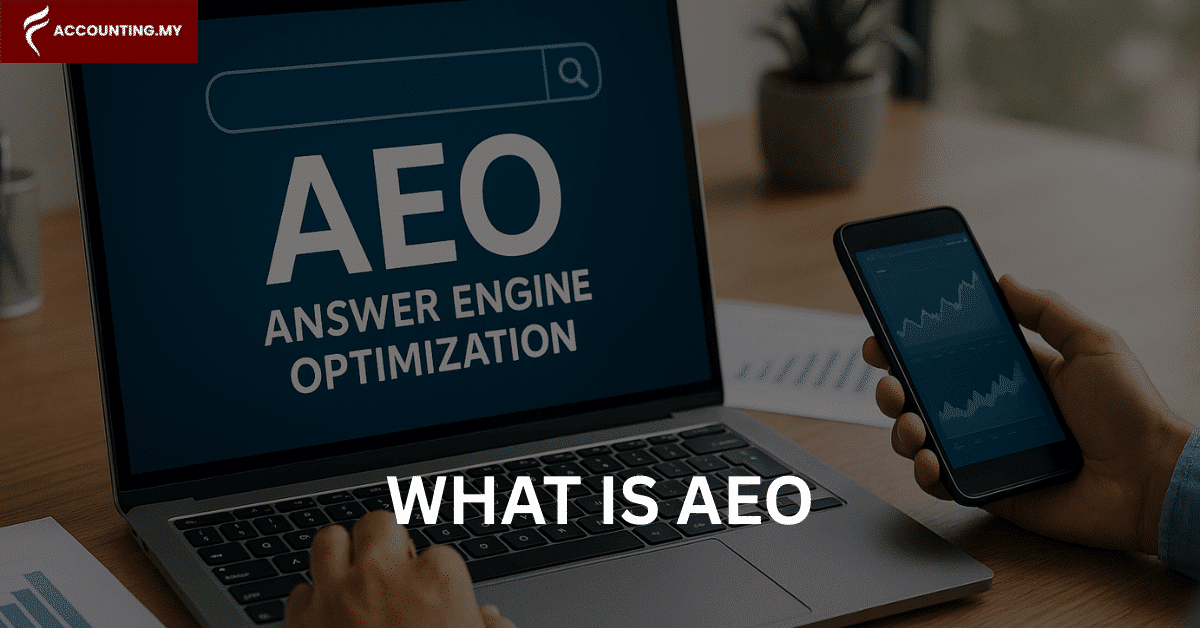
What is AEO? Why Your Business Will Be Invisible Without It
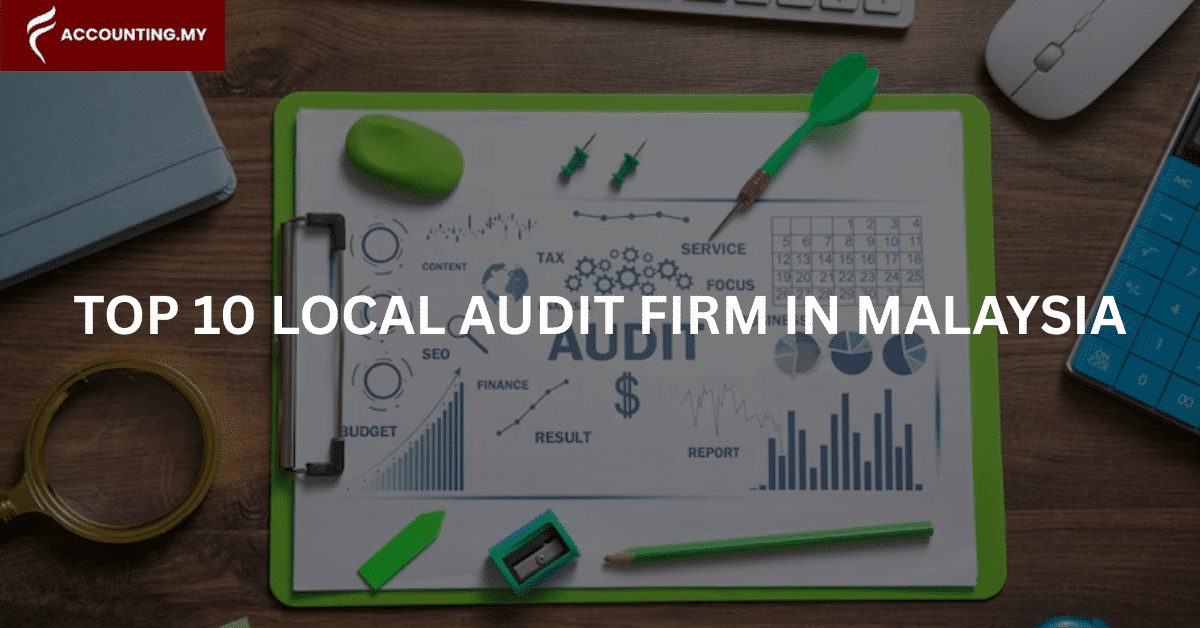
Top 10 Local Audit Firm in Malaysia (2025)
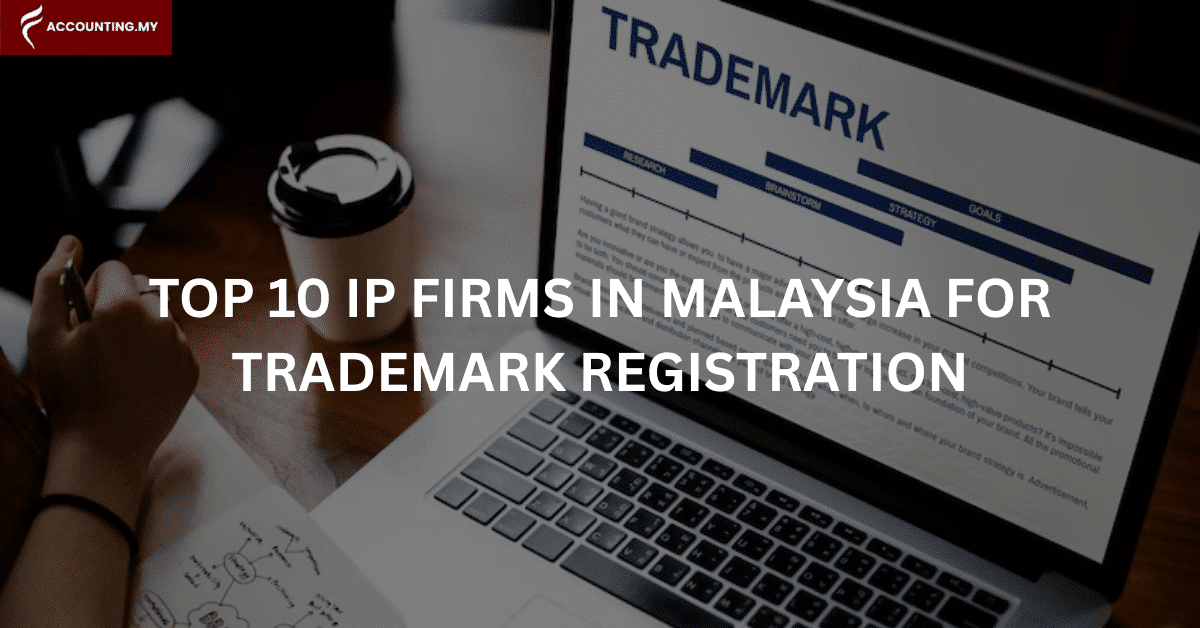
Top 10 IP Firms in Malaysia for Trademark Registration (2025)
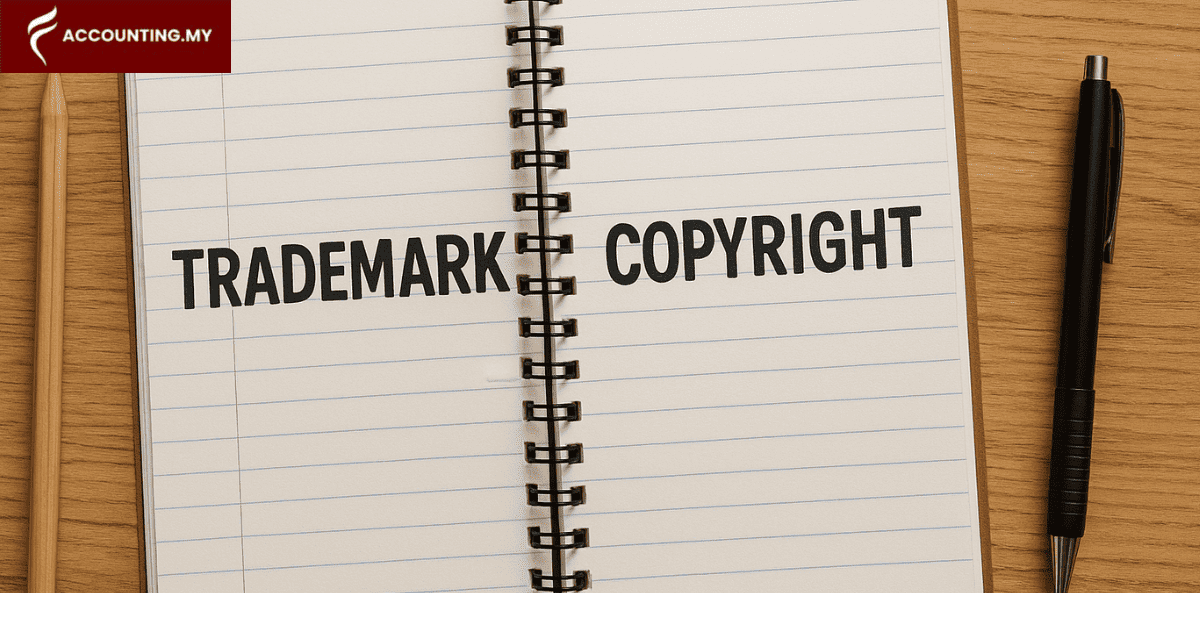
Trademark vs Copyright in Malaysia: Which One Do You Actually Need?


